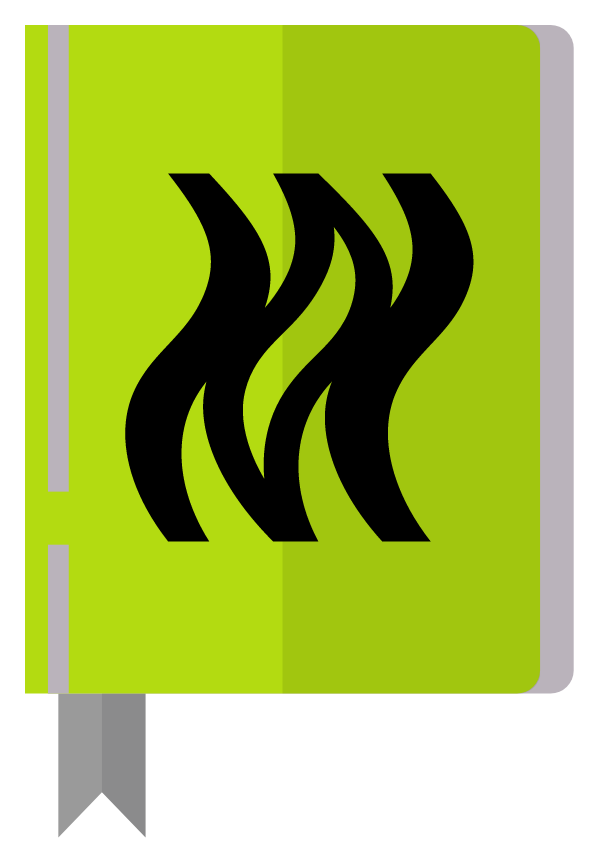Appearance
Clean Code
Clean code is essential for writing maintainable, readable, and efficient code. The following guidelines will help you write clean code that is easier to understand, debug, and modify.
Naming Conventions
- Choose meaningful and descriptive names for variables, functions, and classes.
- Use consistent naming conventions (camelCase, snake_case, PascalCase) throughout your code.
- Avoid abbreviations and single-letter variable names, unless they are widely accepted (e.g.,
ifor an index in a loop).
Functions
- Keep functions short and focused on a single task.
- Limit the number of function parameters (consider using objects for passing multiple values).
- Avoid side effects and aim for pure functions.
- Ensure functions have a single responsibility.
- Use descriptive function names that clearly convey the purpose of the function.
Comments
- Write self-explanatory code that requires minimal comments.
- Use comments to provide context, explain complex algorithms, or clarify code intent.
- Avoid commented-out code; use version control systems to keep track of code history.
- Update comments as you refactor or modify the code.
Code Structure
- Organize your code into logical units, such as functions, classes, and modules.
- Use consistent indentation and formatting to improve readability.
- Group related functionality in classes or modules.
- Follow the DRY (Don't Repeat Yourself) principle by reusing code through functions, classes, or inheritance.
Error Handling
- Use exceptions for handling errors and unexpected situations.
- Write meaningful error messages that provide helpful information for debugging.
- Catch exceptions at the appropriate level, and handle them in a way that makes sense for your application.
Testing and Code Quality
- Write tests to ensure your code works as expected and to catch potential bugs.
- Use tools like linters and static analyzers to catch syntax and style issues.
- Continuously review and refactor your code to improve its quality and maintainability.
Following these clean code principles will help you write code that is easier to understand, debug, and maintain, ultimately leading to a more robust and efficient software.
